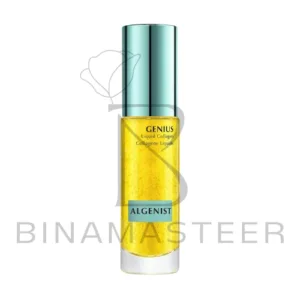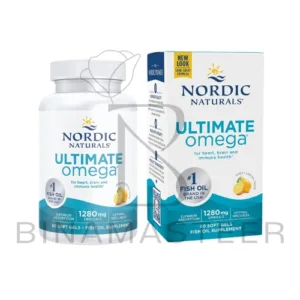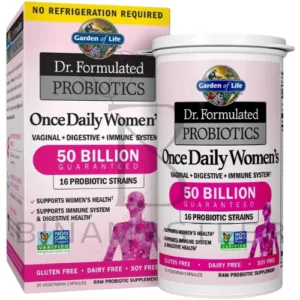news
Hair Health Supplements: The Essential Guide to Stronger, Fuller Hair
Our hair is often called our “crowning glory,” a reflection of our health, vitality, and even our personal style. Yet, many of us face common hair concerns, from thinning and breakage to dullness and slow growth. While genetics and external factors like heat styling play a role, the foundation of healthy hair begins from within. Hair health supplements are designed to provide the specific nutrients that our hair follicles need to produce strong, shiny, and resilient strands. This comprehensive guide will explore the intricate relationship between nutrition and hair growth, detail the key vitamins and minerals that are vital for hair health, and provide a clear roadmap for choosing and using supplements to achieve the hair you’ve always wanted.

The Hair Growth Cycle and Nutrition
Hair growth is a complex process that occurs in three phases: the anagen (growth) phase, the catagen (transition) phase, and the telogen (resting) phase. For this cycle to function optimally, it requires a steady supply of nutrients. Think of your hair follicles as mini-factories that are constantly working to produce hair. If the supply chain of raw materials is disrupted—due to a poor diet or nutritional deficiencies—the quality and quantity of the product (your hair) will suffer.
- Protein: Hair is primarily made of a protein called keratin. Without enough protein in your diet, your hair can become brittle and weak.
- Amino Acids: The building blocks of protein are amino acids, and certain ones are critical for keratin synthesis.
- Vitamins and Minerals: These act as co-factors and catalysts in the production of new hair cells and the maintenance of the scalp’s health.
Key Nutrients for Hair Health
While a balanced diet is essential, some nutrients are particularly powerful for hair.
- Biotin (Vitamin B7): Often considered the most famous hair vitamin, biotin is crucial for the production of keratin. While a severe biotin deficiency is rare, supplementing may help strengthen hair and nails for some individuals.
- Iron: A lack of iron is one of the most common causes of hair loss, particularly in women. Iron deficiency leads to anemia, which reduces the amount of oxygen-carrying red blood cells available to nourish the hair follicles.
- Zinc: This essential mineral plays a vital role in hair tissue growth and repair. It also helps regulate the oil glands around the hair follicles. A deficiency can lead to hair loss and a dry, flaky scalp.
- Vitamin D: Vitamin D is believed to play a role in the creation of new hair follicles. Low levels of Vitamin D have been linked to alopecia and other forms of hair loss.
- Vitamin C: A powerful antioxidant, Vitamin C helps protect hair follicles from free radical damage. It is also essential for the synthesis of collagen, which is part of the hair structure, and it helps the body absorb iron.
- Vitamin E: Another antioxidant that helps protect cells from damage. It can help improve blood circulation to the scalp, which promotes hair growth.
- Omega-3 Fatty Acids: These healthy fats nourish the hair follicles and help reduce scalp inflammation, which can contribute to hair loss. They can also add shine and luster to the hair.
- Collagen: As a source of the amino acids needed for keratin production, collagen supplementation can support hair strength and thickness.

Choosing the Right Hair Supplement
The market is flooded with hair growth supplements, so it’s important to choose wisely.
- Look for a Comprehensive Formula: The most effective supplements contain a blend of key nutrients like biotin, iron, zinc, and vitamins C and E.
- Identify Your Underlying Issue: If your hair loss is due to an iron deficiency, a high-quality iron supplement may be more effective than a generic hair vitamin. Consulting with a doctor and getting a blood test can help pinpoint the root cause.
- Consider Your Dietary Needs: If you’re vegan, for example, you may need to focus on supplements that provide iron and B12, which are often found in animal products.
- Check for Third-Party Testing: As with all supplements, look for a product that is third-party tested to ensure purity and potency.
A Realistic Approach to Hair Health
Hair health supplements are a tool, not a miracle cure. They work best when combined with a healthy lifestyle.
- Eat a Balanced Diet: Prioritize a diet rich in protein (lean meats, fish, beans), iron-rich foods (spinach, lentils), and healthy fats (avocado, nuts, seeds).
- Manage Stress: High levels of stress can push hair follicles into the resting phase, leading to excessive shedding.
- Gentle Hair Care: Avoid harsh chemicals, excessive heat styling, and tight hairstyles that can cause breakage and damage.
- Be Patient: The hair growth cycle is slow. It can take three to six months of consistent use to see noticeable results from a supplement.

Conclusion: The Path to Thriving Hair
Healthy hair is a sign of a healthy body. By understanding the nutritional needs of your hair follicles, you can provide them with the essential building blocks they need to thrive. Whether you’re dealing with thinning hair, dullness, or simply want to enhance your natural beauty, a targeted approach to hair health supplements can be a powerful addition to your self-care routine. Remember to be patient, consistent, and always consult a healthcare professional to ensure that any supplement regimen is right for you.

